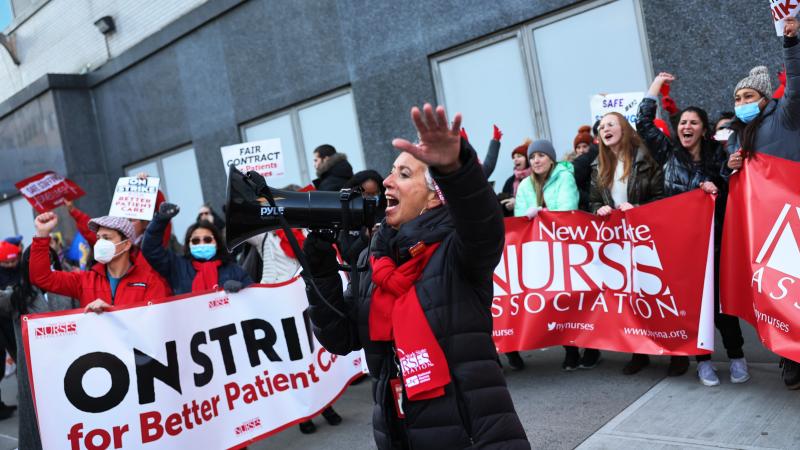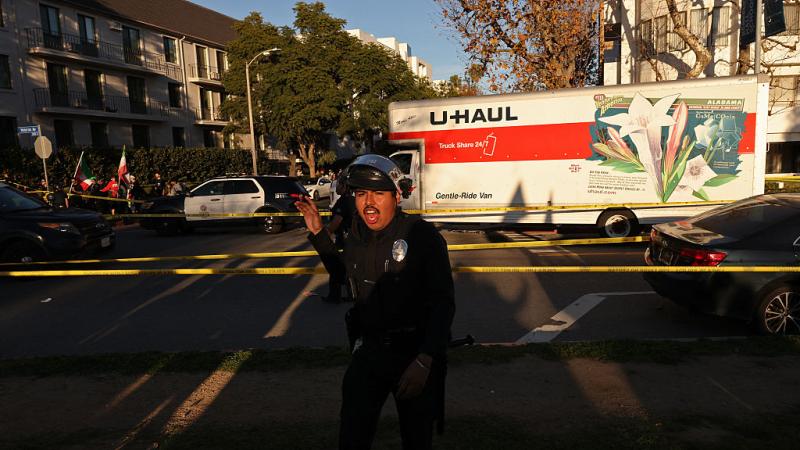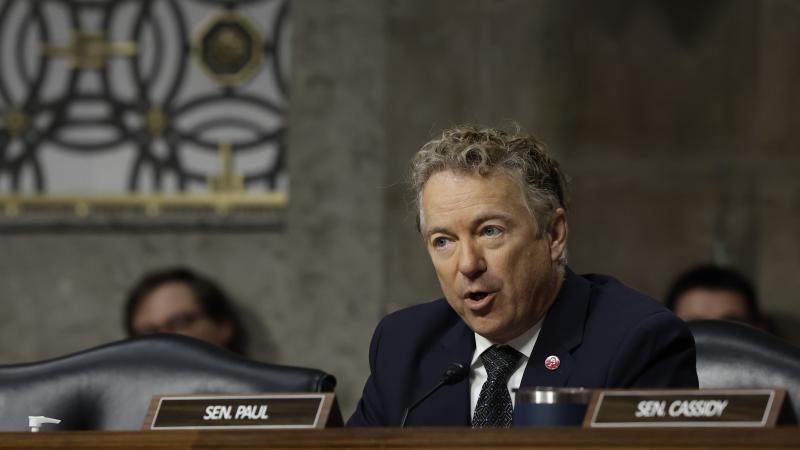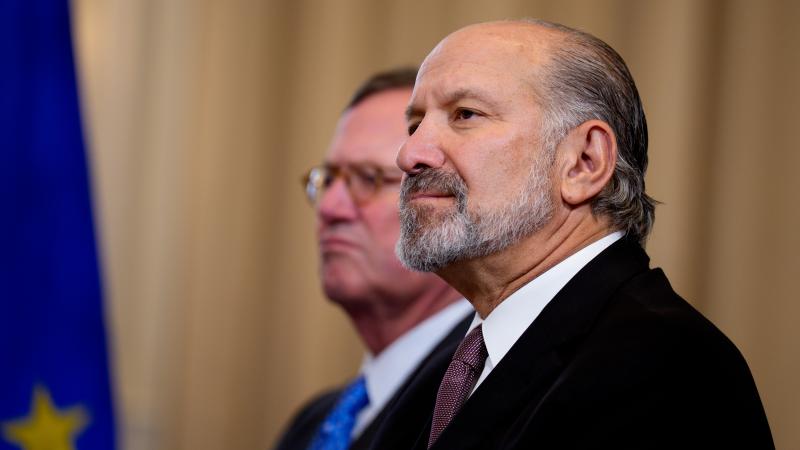In Missouri, a novel fight against abortion targets med schools teaching procedure
'This is just the beginning,' says Republican state representative.
In Missouri, state legislators are pursuing a novel approach to fighting abortion that targets university medical programs that teach young doctors how to perform the procedure.
The medical school of Washington University in St. Louis offers at least two training programs meant to instruct medical students on how to perform abortions on pregnant women. The school is host to the "Fellowship in Family Planning," a program offered by the Society of Family Planning. The organization says that fellowship is "focused on subspecialist training in research, teaching, and clinical practice in complex abortion and contraception."
The medical school also offers the Ryan Residency Training Program, a family planning program that teaches medical students how to perform first- and second-trimester abortions.
At least one of the medical school's faculty also provides abortions in both St. Louis and across the rest of the country, according to a 2016 profile in Marie Claire.
'It’s a tax designed to never be collected'
These arrangements recently caught the eye of several state legislators in Jefferson City, where the state's capitol is located. Among them was first-term Republican Representative Jeff Shawan.
Shawan, who called himself "an unapologetic and uncompromising pro-lifer," told Just the News this week that he considers the university's abortion fellowships, and at least one of its faculty members' providing abortion services across the country, to be "an abscess on the state of Missouri."
Shawan in December drafted a bill that would have levied a 1.9% tax on the endowments of any university that is "affiliated with" or provides "medical faculty to any abortion facility," offers "specific medical fellowships that offer training in performing or inducing abortions," and/or supports "in any manner any abortion facility where abortions are performed or induced when not necessary to save the life of the mother."
A similar bill was advanced in the state senate.
The legislation "is not a tax bill, it’s an anti-abortion bill," said Shawan, who is also in the midst of a campaign to be elected to the state senate in November. "It’s a tax designed to never be collected."
Shawan said the tax collected from the university would be offset by a tax cut for the residents of Missouri, rendering the bill revenue-neutral.
"Washington University in St. Louis is sort of like the epicenter of abortion-doctor training and fellowships in the state," he said. "A lot of the doctors are being trained and sent to other states."
Washington University officials, including the school's board of trustees, did not respond to queries regarding the proposed bill. But the board did write a letter to Shawan in February, arguing the bill would "inflict great harm not only on the University, but on the citizens and businesses of the St. Louis region and the entire State of Missouri."
The 1.9% tax proposed by Shawan would "seriously erode" the university's ability to draw from its endowment and fund basic university functions, the board said. University donors who learn of the tax, they argued, might also "reconsider whether their gifts are a worthwhile investment."
Nowhere in the three-and-a-half page letter does the board mention the purpose of Shawan's bill — to force the university to cease any policies or practices related to abortion — something for which Shawan sharply criticized the board in a reply letter he sent back.
"The nature of your correspondence to me was so disingenuous," he wrote, "that it causes me to wonder aloud: does your distinguished and altruistic minded Board of Trustees actually know that [the bill] seeks to end your practice of destroying babies before they are born?"
The school “can elect to cease and desist [its] abortion support practices and not pay any tax on the Endowment, whatsoever,” Shawan continued.
'I'll be glad to take it up again'
Shawan told Just the News this week that his bill — and a companion one in the state senate — ultimately failed.
"The bill was sent to the rules committee, but then COVID-19 hit," he said. "The capital shut down. The assembly was stopped for three weeks. It crushed the momentum of the legislation." The bill eventually made it out of the rules committee, but it was subsequently "crowded out" by the wave of emergency bills being passed as the pandemic rolled across the state and the country.
Shawan planned to pass the legislation as an amendment to unrelated bills, but his mother's death in May — and a subsequent 14-day coronavirus quarantine — pulled him away from the statehouse and ensured the bill's demise.
Yet Shawan expressed hope that it could be resurrected in the next session of the state government.
"If I'm in the Senate next year, I'll be glad to take it up again," he said. "I can think of two or three representatives in the House that would also like to carry the very same bill again."
The representative, who said that God originally told him to draft the bill, signaled that he has every intention of advancing a pro-life agenda in the state.
"This is just the beginning," he said. "If I’m back up there again, I’m going to continue to fight.”
















